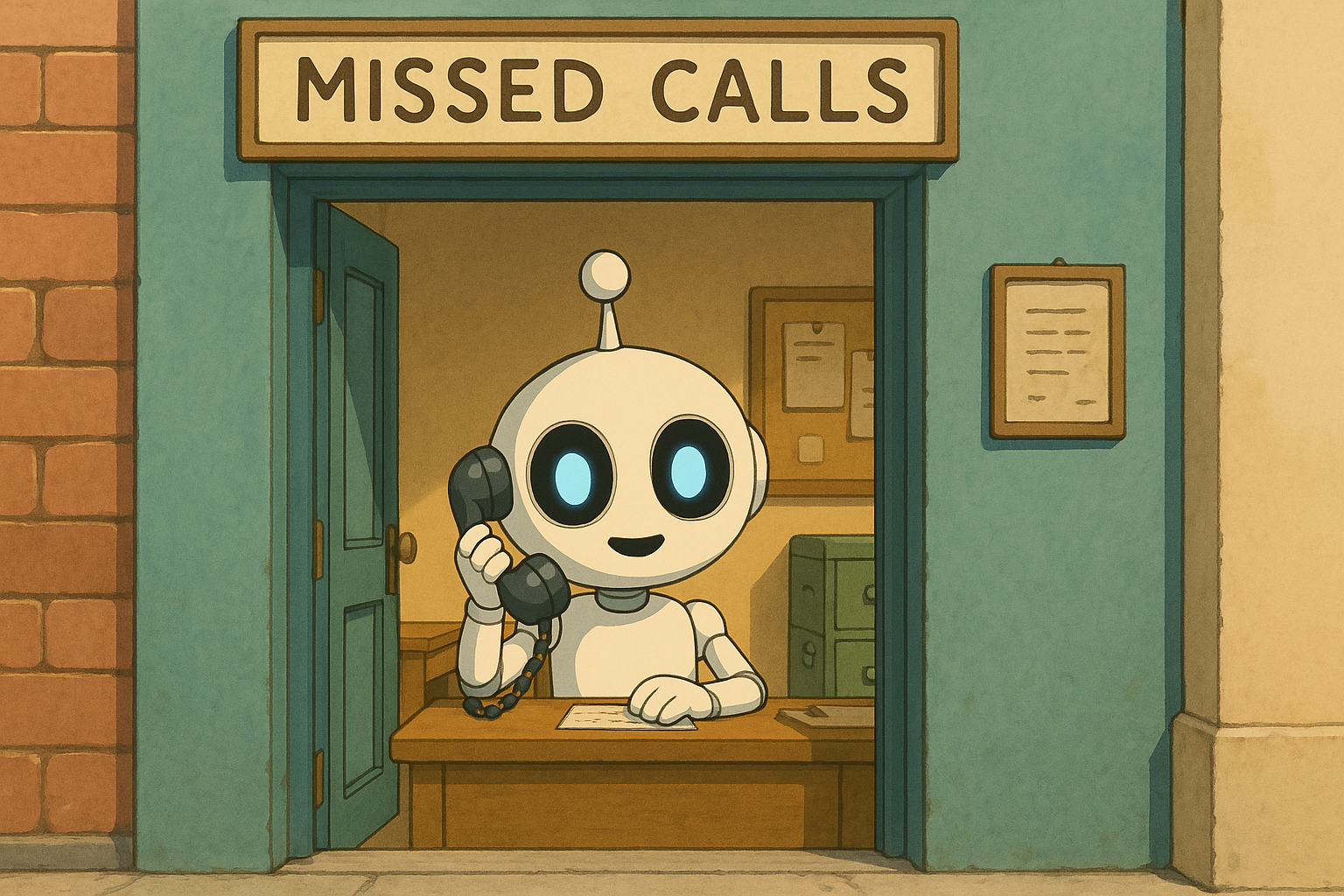
How to Use *71 to Forward Your Missed Calls
In today’s fast-paced world, missing important calls can mean lost opportunities, whether you’re a business owner waiting for a potential client or simply someone expecting an important personal call. Thankfully, most phone carriers offer a simple solution: conditional call forwarding with the *71 feature. This convenient tool ensures that when you can’t answer your phone, your calls are automatically redirected to another number of your choice.
What is Conditional Call Forwarding?
Unlike standard call forwarding (which routes all calls to another number immediately), conditional call forwarding only redirects calls in specific circumstances:
- When you don’t answer after several rings
- When your line is busy with another call
- When your phone is turned off or out of service area
This selective approach gives you the chance to answer calls when you can, while ensuring you never miss important calls when you can’t.
How to Set Up *71 Call Forwarding
Setting up conditional call forwarding with *71 is straightforward, though the exact procedure may vary slightly depending on your carrier. Here’s the standard process:
- Open your phone’s dialer app
- Dial 71 followed by the 10-digit number where you want your calls forwarded (For example: *71-555-123-4567)
- Press the call button
- Wait for a confirmation tone or message (which might sound like a busy signal)
- Hang up - your conditional call forwarding is now active!
Once set up, your phone will ring several times when you receive a call, giving you the opportunity to answer. If you don’t answer, are on another call, or your phone is unreachable, the call will automatically forward to your designated number.
How to Deactivate Call Forwarding
When you no longer need call forwarding, deactivating it is simple:
- Open your phone’s dialer
- Dial 73
- Press the call button
- Wait for the confirmation tone or message
- Hang up - your call forwarding is now turned off
Carrier-Specific Information
While *71 is widely used for conditional call forwarding, there may be some variation between carriers:
Verizon
Verizon uses *71 specifically for their “No Answer/Busy Transfer” feature. According to Verizon, this feature “sends calls to another phone when your phone is busy or when you don’t answer after three or four rings” .
Other Major Carriers
Most other major carriers in North America use similar codes, though it’s always best to verify with your specific provider. Some carriers may offer additional options through their customer portal or mobile app.
Tips for Using Call Forwarding Effectively
Choose Your Forwarding Destination Wisely
Consider where you want your calls to go:
- Another mobile phone you carry
- A trusted colleague’s phone
- Your home or office landline
- A virtual receptionist service
- Your Google Voice number
Test Your Setup
After setting up call forwarding, have someone call your number to ensure the forwarding works as expected. Check both scenarios:
- Answer before the forwarding kicks in to ensure normal operation
- Let the call ring through to verify the forwarding works properly
Consider Battery Life
Remember that if your phone is completely dead, call forwarding may not work as expected. Some carriers require your phone to be on to process the forwarding, while others handle it at the network level.
Be Mindful of International Forwarding
Most carriers don’t support forwarding to international numbers, or they may charge additional fees for this service.
Business Applications of Call Forwarding
For business owners, conditional call forwarding is particularly valuable:
Never Miss a Lead
Ensure potential customers can always reach someone even when you’re unavailable. This can make the difference between winning and losing a client.
Create a Professional Image
Small businesses can present a more professional image by ensuring calls are always answered, even outside normal business hours.
Work-Life Balance
Forward calls to a colleague or service during your off hours to maintain boundaries while ensuring business continuity.
Cost-Effective Alternative
Using *71 call forwarding can be a cost-effective alternative to hiring a full-time receptionist or paying for an expensive virtual answering service.
Troubleshooting Common Issues
Call Forwarding Not Working
If you’re having trouble with your call forwarding setup:
- Confirm you’ve entered the correct forwarding number
- Ensure your carrier supports the *71 feature
- Try restarting your phone
- Contact your carrier’s customer service
Double Ring/Notification Issues
Some users report seeing two missed call notifications when using conditional call forwarding. This is typically due to how the carrier processes the forward. Restarting your phone might help resolve this issue.
Modern Alternatives to *71 Forwarding
While *71 call forwarding is useful, modern technology offers additional options:
VoIP Services
Voice over Internet Protocol services like Google Voice can provide more flexible call forwarding options, often with additional features like voicemail transcription.
Dedicated Business Phone Systems
Services like OpenPhone, Grasshopper, or RingCentral offer comprehensive business phone solutions with advanced call handling features beyond basic forwarding.
Built-in Phone Settings
Most smartphones now include call forwarding settings in their native phone apps, offering a user-friendly alternative to dial codes.
Conclusion
The *71 call forwarding feature is a simple yet powerful tool that ensures you never miss important calls. Whether you’re a busy professional, a small business owner, or simply someone who values staying connected, taking a few moments to set up conditional call forwarding can save you from missing opportunities and help maintain your accessibility even when you can’t personally answer your phone.
By forwarding missed calls to a number where you or someone else can answer, you’re ensuring that important communications don’t fall through the cracks, ultimately improving your responsiveness and reliability in both personal and professional contexts.
Have you tried using *71 call forwarding? What other methods do you use to ensure you never miss important calls? Share your experiences and tips in the comments below!